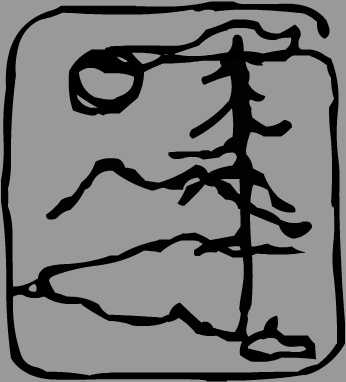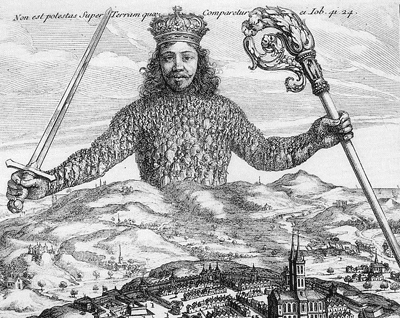
| Program Covenant |
| Catalog Description |
 |
Program Description for Fall and Winter Quarters: (.pdf version for printing)
Faculty: Charles Pailthorp (Philosophy)
Andrew Reece (Classics)
Matthew Smith (Political Science)
Description: Three standing questions guided the inquiry of this program: (1) What is in the public interest, and how are public and private interests balanced? (2) How is one educated for communal and public life? (3) What is the relationship between one’s political identity, on the one hand, and, on the other, one’s membership in a larger pre-political identity, e.g. a religious or ethnic group?
Our study began with Homer’s Iliad, to develop a context for reading Greek philosophy and to establish the issues of war, honor, ambition, and power as fundamental political concerns. This work was supplemented by modern accounts of war including work by Tim O’Brian, Simon Weil, Benjamin Britten, and Wilfred Owen. Plato’s Apology and Crito and Aristotle’s Nicomachean Ethics provided an introduction to classic Greek thought about government, ethical obligation, the place of the polity in moral and practical life. Seneca’s “On Anger” and “On the Private Life” introduced Stoic conceptions of virtue and moral behavior and posed questions about ethical life in the context of tyranny. Hobbes’ Leviathan and Locke’s Second Treatise of Government helped us understand the fundamental redefinition of government in the early modern context. Ideas of covenant, right, private life and property were central to our discussion. Finally Leo Straus’s Natural Right and History helped pull together the ancient and modern texts.
In winter quarter these issues were revisited and expanded. Thucydides’ Peloponnesian War provided both insight into issues of war and peace and a context for reading Plato’s The Republic and Aristotle’s Politics. Questions of education, morality, and the purpose of government dominated our discussion. Life in the context of tyranny was the subject of our reading of Tacitus, Annals of Imperial Rome. Machivelli, The Prince; Rousseau, Social Contract; and Burke, Reflections on the Revolution in France, provided an opportunity to examine issues of morality, popular government, and power in a more modern context. Students also read articles by Martha Nussbaum, Philip Selsnick, and Clifford Geertz.
Nearly all students conducted town studies in eastern Washington during our weeklong program retreat in the fall, and in the fall and winter many pursued community service projects in the Olympia area, in order to observe the manifestation of these concepts in modern polities.
All students participated in twice-weekly seminars and attended lectures and workshops. All wrote and revised seven short essays and completed two longer synthesis essays in winter quarter. In weekly tutorials, students critiqued one another’s essays and heard critiques of their own. They wrote additional short pieces, on questions for seminar discussion that had arisen from their readings, posted observations and further thoughts about seminar topics on our Internet discussion site, and they responded to one another’s postings. In fall, a two-hour final exam tested their control of the readings for the quarter as well as their ability to link what they had read to their observations and experiences outside the classroom (including the town studies and community service). Those students engaged in community service projects recorded and reflected on their experiences in a journal and an essay. The Latin students met three times a week, completed frequent quizzes, translations, and compositions, and took three examinations. Some students were enrolled in Res Publica for twelve credit hours rather than sixteen and fulfilled our expectations by completing a course in another foreign language or related subject.
